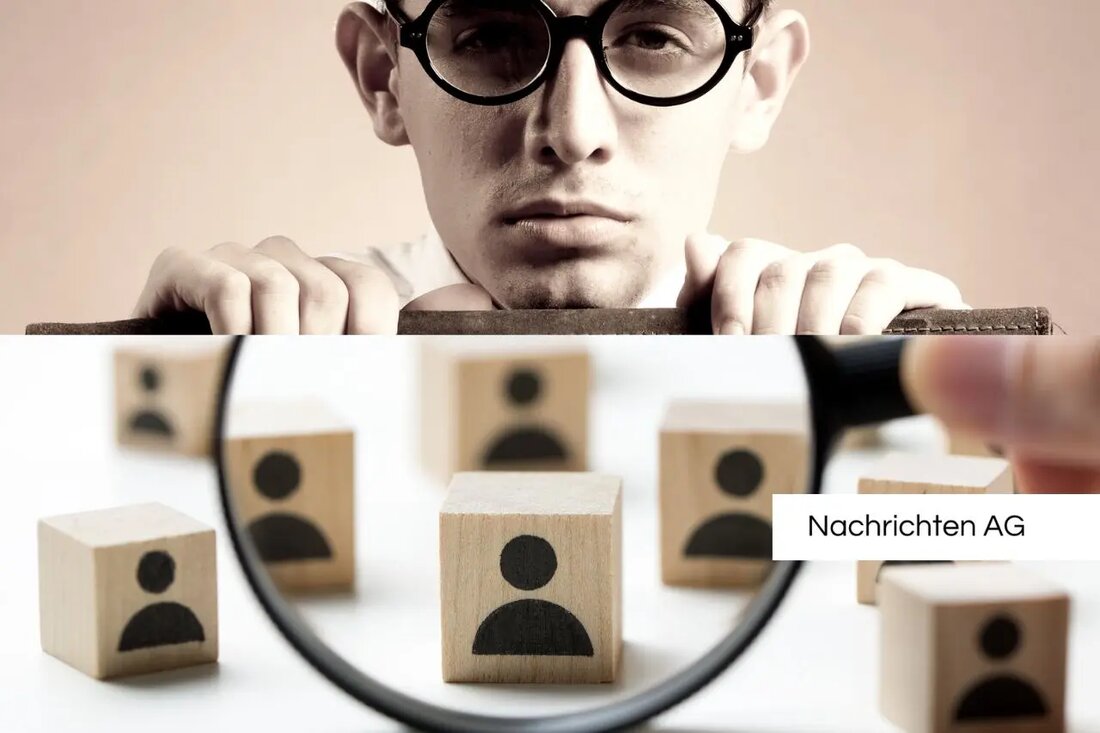Psychological disorder or criminal energy? Process against burglars in Marburg
Psychological disorder or criminal energy? Process against burglars in Marburg
On April 2, 2025, the trial against a 42-year-old man from Lower Saxony began before the Marburg district court, who is charged with the apartment of a student because of the violent slump. The incident occurred a year ago on the university road. In the course of the power struggle, the student jumped out of the window on the second floor and landed on the canopy of a nearby Rossmann branch, such as op-marburg.de
The accused indicates that he had acted in the condition that is incapable of guilt due to illness. Two long -time friends of the man were questioned as witnesses. The first, a 51-year-old friend, emphasized that the defendant was an intelligent person in his youth, who suffered from depression and experienced a psychotic episode in 2012. He described him as humorous and without drug or alcohol problems. The second witness, 42 years old, has known the accused for 37 years and confirmed the psychological problems from 2012 when the defendant had changed significantly.
mental illnesses and their effects
The accused commented on his lawyer about the allegations. He reported that during his visit to Marburg he played a computer game programmed by a Marburg woman and had romantic intentions, which were, however, rejected. This rejection, together with the stopping of his medication before the crime, is said to have led to a relapse to psychosis. The accused also dealt with conspiracy theories during his mental illness and threatened to drift into the homeless scene.
The legal assessment of his guiltability is of crucial importance for the accused. According to Section 20 of the Criminal Code, there may be an incapacity for guilt if, due to a pathological mental disorder, the insight into the injustice of the deed or the ability to act according to this insight is missing. These framework conditions aim to take into account the individual nature of the mental illness, which is of considerable relevance in the current case law.
legal background
In a similar case, as worked out in the decision of the Federal Court of Justice (BGH) of August 25, 2020, the diagnosis of a mental disorder alone is not sufficient for the determination of the incapacity for guilt. The BGH found that a concrete statement is necessary to show how the mental illness influenced the accused's visibility or control capacity. These considerations are of central importance for the current process, since the psychological constitution of the accused is important aspects for the assessment of the crime and the possible penalty.
The next negotiation will take place on April 9, 2025 at 9 a.m. in Hall 101 of the Marburg Regional Court, where a legally commissioned expert will present his expert opinion that could have the decisive influence on the progress of the procedure.
| Details | |
|---|---|
| Quellen | |


Kommentare (0)